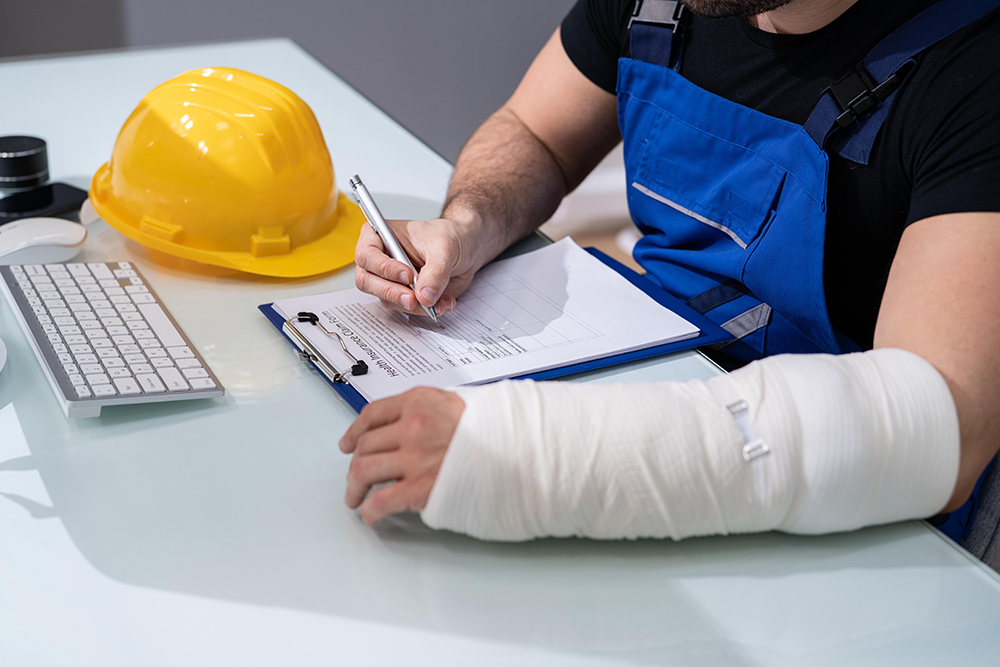
Effective communication is the backbone of strong workplace relationships, but it becomes even more critical when dealing with injured workers. Ensuring clear, empathetic, and timely communication can make all the difference in promoting recovery, maintaining trust, and minimizing disruptions to both the injured worker and the business.
Whether you’re navigating the workers' compensation process in Orlando, FL, or supporting your employee through their return-to-work plan, this guide will show you best practices for communicating with injured workers to foster better outcomes.
When an employee gets injured on the job, they face physical discomfort, emotional stress, and financial uncertainty. Employers and managers play a crucial role in guiding workers through this challenging time. To do so effectively, communication must be structured and meaningful. Here's why it’s important:
Failing to communicate effectively with an injured worker could result in delayed recovery, potential legal complications, and poor morale among the entire team.
Before we discuss best practices, it’s important to understand what NOT to do when communicating with injured workers.
Avoiding these missteps will help lay the foundation for smoother, more productive conversations with injured workers.
Now that we've covered why communication is critical, let's explore how to communicate effectively.
The first conversation following the injury is crucial. Reach out within 24 hours of the incident to show you care and are committed to listening. Express empathy without making admissions of liability. For instance, you might say, "I’m sorry to hear you got hurt. We’re here to support you in your recovery."
This initial step reassures the worker while creating a positive tone moving forward.
Assign a specific person to communicate with the injured employee throughout their recovery and workers' compensation process. This could be someone from HR, a manager, or a representative from your workers' compensation insurance provider.
Consistency in communication provides the worker with a clear pathway for updates and inquiries, eliminating confusion and reducing duplicate conversations.
Navigating the workers' compensation process in Orlando, FL, can be daunting for injured workers. Clear, factual communication ensures they understand their rights and responsibilities, such as:
If you are unsure of any details or need clarification on Florida workers' compensation policies, contact ARL Attorney today for expert guidance.
Stay in touch with injured employees. Provide regular updates on their workers' compensation claim status and anticipated recovery timelines. Even when there’s no new information, sending reassuring follow-ups like, "We’re still processing your claim, but I’ll check in again soon," helps maintain trust.
Transparency is critical, not just with the worker but also in maintaining proper records. Document every communication, including phone calls, emails, and in-person meetings. These records can come in handy if disputes arise during the workers' compensation process.
An injured worker may feel disconnected from their workplace. Encourage inclusion by offering emotional support. For example:
Investing in the worker's emotional well-being will help strengthen your relationship and ease their transition back to work.
Work closely with the injured employee and their healthcare provider to create a suitable return-to-work plan. Florida law encourages employers to accommodate workers by offering light-duty or modified roles. Clearly explain these options during communication, and address any concerns they might have.
Your approach should consider both the worker’s safety and the business's operational needs.
To ensure the best outcomes when communicating with injured workers, a combination of empathy, strong communication practices, and compliance with workers' compensation laws is key. Adopting these best practices helps create a supportive pathway for both employees and businesses to thrive.
If you need assistance navigating the intricacies of workers' compensation in Orlando, FL, consider reaching out to ARL Attorney. Schedule a consultation today and get the expert support you need to make confident decisions for your team and business.
Effective communication during workers' compensation cases is not just a courtesy; it’s a necessity for maintaining a safe and collaborative workplace. By following the best practices outlined above, you'll create a culture of trust and support that benefits everyone involved.
Got questions about Florida’s workers' compensation laws? Contact ARL Attorney today for personalized guidance and peace of mind.